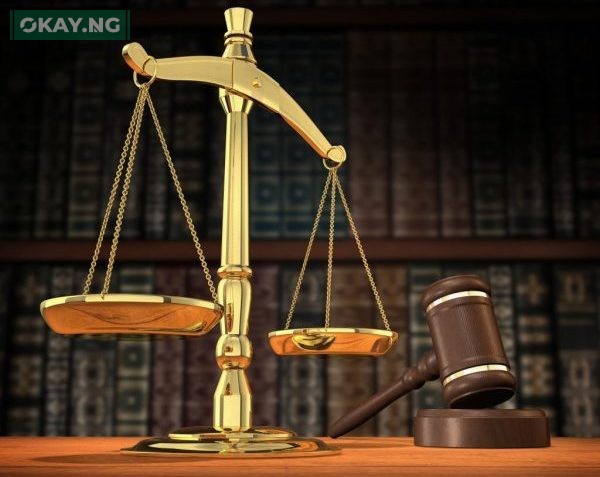In a dramatic conclusion to a five-year legal battle, the Lagos State Special Offences Court in Ikeja has discharged and acquitted Azubuike Ishiekwene and Olalekan Abdul, Chairman and Managing Director/CEO of Cleanserve, respectively, of all fraud and forgery charges brought against them by the Economic and Financial Crimes Commission (EFCC). This verdict marks a significant turning point in a case that has captivated the business community and raised critical questions about the nature of corporate disputes and the integrity of investigative processes.
The EFCC had initially filed 26 counts, alleging conspiracy, forgery, and financial improprieties, stemming from complaints by Chris Ndulue, who disputed his absence from the company’s official records. However, Judge Mojisola Dada, in her ruling on January 30th, declared all charges struck out, following a series of pivotal developments.
“As someone who has followed this case, I can tell you, the journey has been long and arduous,” Judge Dada stated, reflecting on the protracted legal proceedings. The turning point arrived after the fourth defense witness testified, triggering a series of applications that led to the Lagos State Attorney-General’s office taking over the case. This intervention resulted in a notice of discontinuance, significantly reducing the charges.
The narrative took a further twist when the Attorney-General of the Federation (AGF) subsequently intervened, withdrawing the remaining federal charges. This move, as Judge Dada articulated, “puts paid to all pending applications and the case struck out and the defendants discharged and acquitted.”
The legal proceedings were not without their share of controversy. Defense counsel, Adeyinka Olumide-Fusika (SAN) and Muiz Banire (SAN), alleged prosecutorial misconduct, including claims of a $20,000 bribe compromising an EFCC operative. These allegations, coupled with claims that the prosecution was driven by personal vendettas, prompted a critical review by the Lagos State Attorney-General, Lawal Pedro (SAN).
“We argued that this was not about justice, but about persecution,” said a source close to the defense team. “The evidence, or lack thereof, spoke for itself.”
Key testimony from forensic expert Reginald Udunze, a retired police officer, further undermined the forgery allegations. Udunze, with 33 years of experience in document analysis, testified that “there was no forgery,” contradicting the EFCC’s claims. Additionally, Alima Yusuf, head of marketing at Bond Global Energy Projects Limited, dismissed allegations of financial fraud, stating, “there is no truth whatsoever in them.”
For Ishiekwene and Abdul, this acquittal signifies the end of a prolonged ordeal that has undoubtedly taken a personal and professional toll. For businesses, this ruling underscores the importance of due process and the potential consequences of flawed investigations. Furthermore, it raises questions about the balance of power and the potential for abuse within investigative agencies.
The EFCC had alleged the defendants obtained a N350 million credit facility through false pretenses and used forged documents to open bank accounts. These accusations, however, were ultimately dismissed, highlighting the complexities of financial litigation and the stringent burden of proof required in criminal cases.
This verdict serves as a stark reminder of the legal system’s capacity for both scrutiny and redress. It underscores the importance of rigorous investigation, the necessity of unbiased prosecution, and the fundamental right to a fair trial. As the business community absorbs the implications of this ruling, the focus shifts to ensuring that such protracted and contentious legal battles are approached with the utmost integrity and professionalism.













